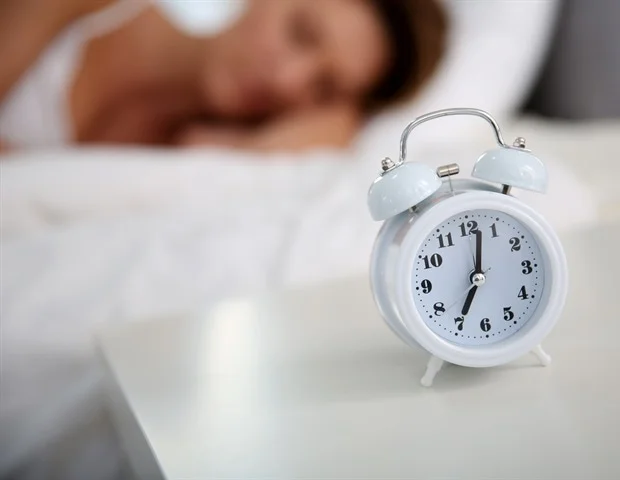A paper published today in Pediatrics suggests that children and youth who do not sleep enough and use screens more than recommended are more likely to act impulsively and make poorer decisions. The findings come from the globally recognized Healthy Active Living and Obesity Research Group (HALO) at the CHEO Research Institute in Ottawa.
Impulsive behavior is associated with numerous mental health and addiction problems, including eating disorders, behavioral addictions and substance abuse. This study shows the importance of especially paying attention to sleep and recreational screen time, and reinforces the Canadian 24-Hour Movement Guidelines for Children and Youth. When kids follow these recommendations, they are more likely to make better decisions and act less rashly than those who do not meet the guidelines.”
Dr. Michelle Guerrero, lead author and postdoctoral fellow at the CHEO Research Institute and the University of Ottawa
The Canadian 24-Hour Movement Guidelines for Children and Youth recommend:
- 9-11 hours of sleep a night
- no more than 2 hours of recreational screen time a day
The paper, “24-Hour Movement Behaviours and Impulsivity,” analyzed data for 4,524 children from the first set of data of a large longitudinal population study called the Adolescent Brain Cognitive Development (ABCD) Study, which will follow participants for 10 years. In addition to sleep and screen time, the ABCD Study also captures data related to physical activity. Physical activity is a third pillar of the Canadian 24-Hour Movement Guidelines, which recommend at least 60 minutes of moderate to vigorous physical activity daily.
The ABCD Study allowed Guerrero and her team to look at the three pillars of the movement guidelines against eight measures of impulsivity, such as one’s tendency to seek out thrilling experiences, to set desired goals, to respond sensitively to rewarding or unpleasant stimuli, and to act rashly in negative and positive moods. The study results suggest that meeting all three pillars of the movement guidelines was associated with more favorable outcomes on five of the eight dimensions.
Guerrero and her team say that studies using feedback devices to measure the movement behaviors in future research will help further our understanding of how physical activity, screen time, and sleep relate to children’s impulsivity.
Guerrero, M.D. et al. (2019) 24-Hour Movement Behaviors and Impulsivity. Pediatrics. doi.org/10.1542/peds.2019-0187.
